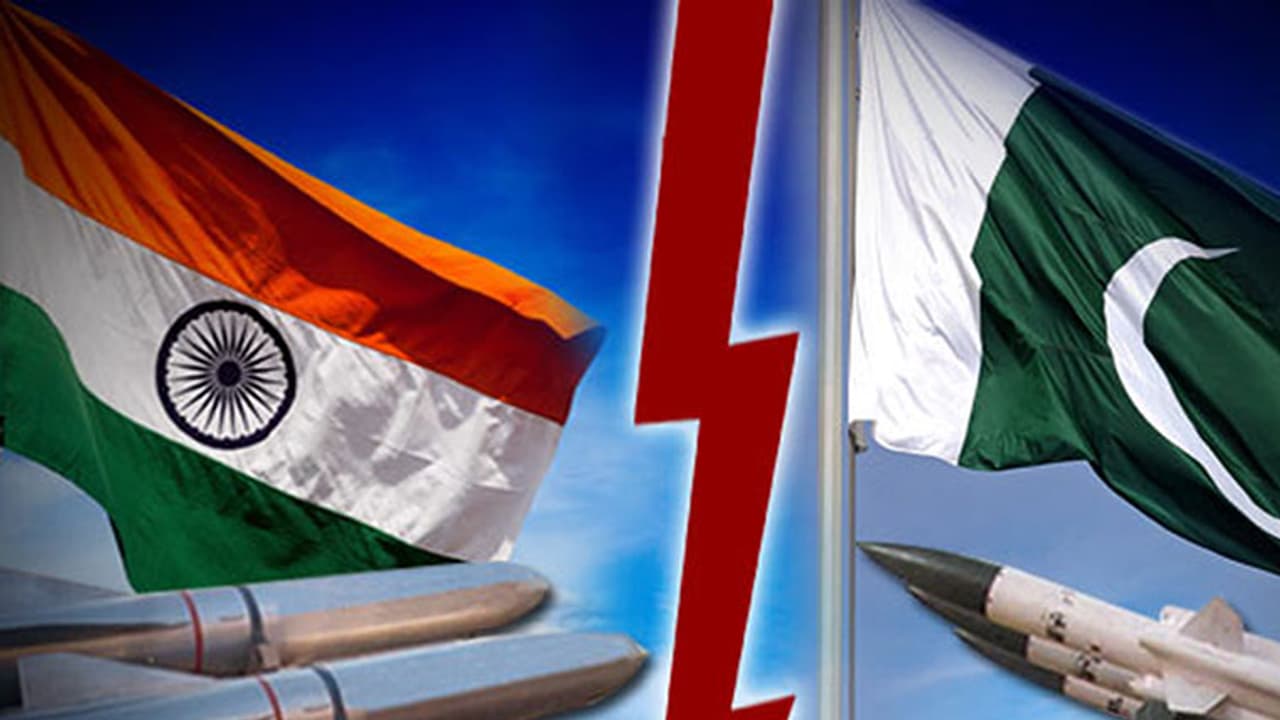'India has generally shown responsible behaviour with nuclear technology,'US Defense Secretary Ashton Carter. But on Pakistan, he said that the country was entangled in tensions.

India has generally shown responsible behaviour with nuclear technology while Pakistan’s history of nuclear weapons is entangled in tensions, a top US official has said.
“The landscape of nuclear weapons have changed in the last 25 years,” US Defense Secretary Ashton Carter said in his remarks on “Sustaining Nuclear Deterrence” at Minot Air Force Base in North Dakota on Tuesday.
Carter said while the US has not done much to boost its nuclear arsenal, other countries have added to it both in terms of the number of weapons and delivery options.
He also praised India for showing responsible behaviour with its nuclear technology.
“China also conducts itself professionally in the nuclear arena, despite growing its arsenal in both quality and quantity,” Carter said.
Expressing concern over nuclear technology in North Korea, he said, “It is essential that the US maintains its nuclear deterrence.”
“America’s nuclear deterrence is the bedrock of our security and the highest priority mission of the Department of Defence,” he said.
Observing the Russia has long been a nuclear power, Carter said the country’s recent saber-rattling and building of new nuclear weapons systems raises serious questions about its leader’s commitment to strategic stability and their regard for long-established abhorrence of using nuclear weapons.
Meanwhile, North Korea’s nuclear and missile provocations underscore that a diverse and dynamic spectrum of nuclear threat still exists, Carter said.
“Deterrence must be credible, and extended to our allies in the region,” he said, adding that Russia and North Korea are just two countries, though very different ones, that stand out in evolving nuclear landscape.
“In Iran, their nuclear aspirations have been constrained and transparency over their activities increased by last year’s nuclear accord, which, as long as it continues to be implemented, will verifiably prevent Iran from acquiring a nuclear weapon,” he said.
The defence secretary said “Pakistan nuclear weapons are entangled in a history of tension, and while they are not a threat to the United States directly, we work with Pakistan to ensure stability.”
“We didn’t build anything new for the last 25 years, but others did, including Russia, North Korea, China, India, Pakistan and for a period of time, Iran while our allies around the world, in Asia, the Middle East, and NATO, did not,” he said. He said some nations are unfortunately creating new types of nuclear weapons.
“This is about maintaining deterrence in a world very different from the Cold War as older systems become less effective, we are making sure we continue to preserve strategic stability,” he said.
The US intends to invest USD 108 billion to sustain and recapitalise the nuclear force and associated strategic command, control communications and intelligence systems ranging from increased funding for manpower, equipment, vehicles, and maintenance to technological efforts that will help sustain our bomber fleet, Carter said.
“These investments reflect how we are continuing to implement recommendations from the 2014 Nuclear Enterprise Reviews, which recognise that our country had underinvested in an aging force.
“As a result, we have invested about USD 10 billion over the last two years to make improvements,” he said.
